Yah | יָהּ (Yah) | Name
Etymology and Semantic Analysis The term ‘Yah’ is a shortened form of Yahweh, the personal name of God in the Hebrew Bible. Derived from the Tetragrammaton יהוה (YHWH), ‘Yah’ appears predominantly in poetry and songs. The etymology is connected to the Hebrew verb היה (hāyāh), meaning ‘to be’ or ‘to become’, suggesting a dynamic and […]
The Second Book of Samuel (The Second Book of the Kings)
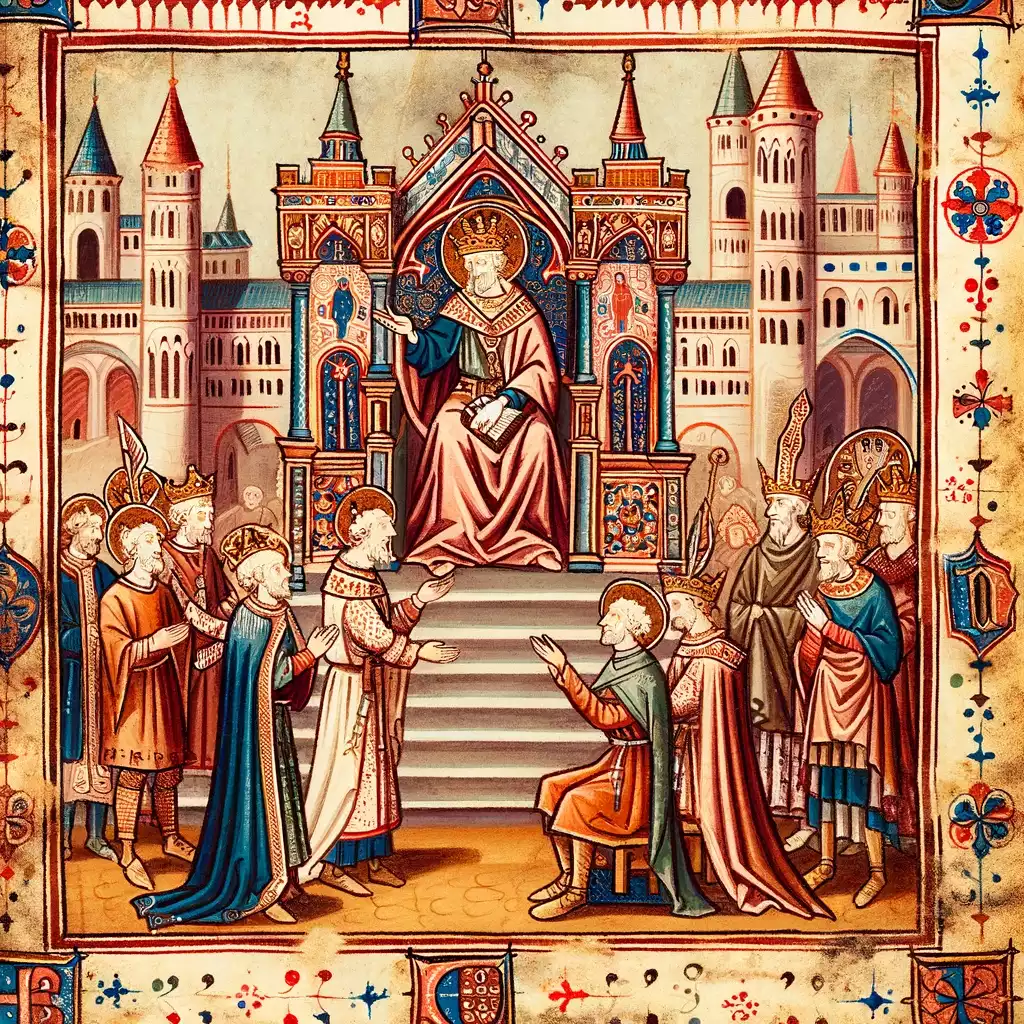
Translation in British English The Second Book of Samuel (The Second Book of the Kings) 1:1 Now it so happened, following the demise of Saul, David returned from the defeat of the Amalekites and stayed in Ziklag for two days. 1:2 On the third day, a man arrived from Saul’s camp with torn clothes and […]
The Second Epistle of Paul the Apostle to the Thessalonians, Thessalonians Epistle
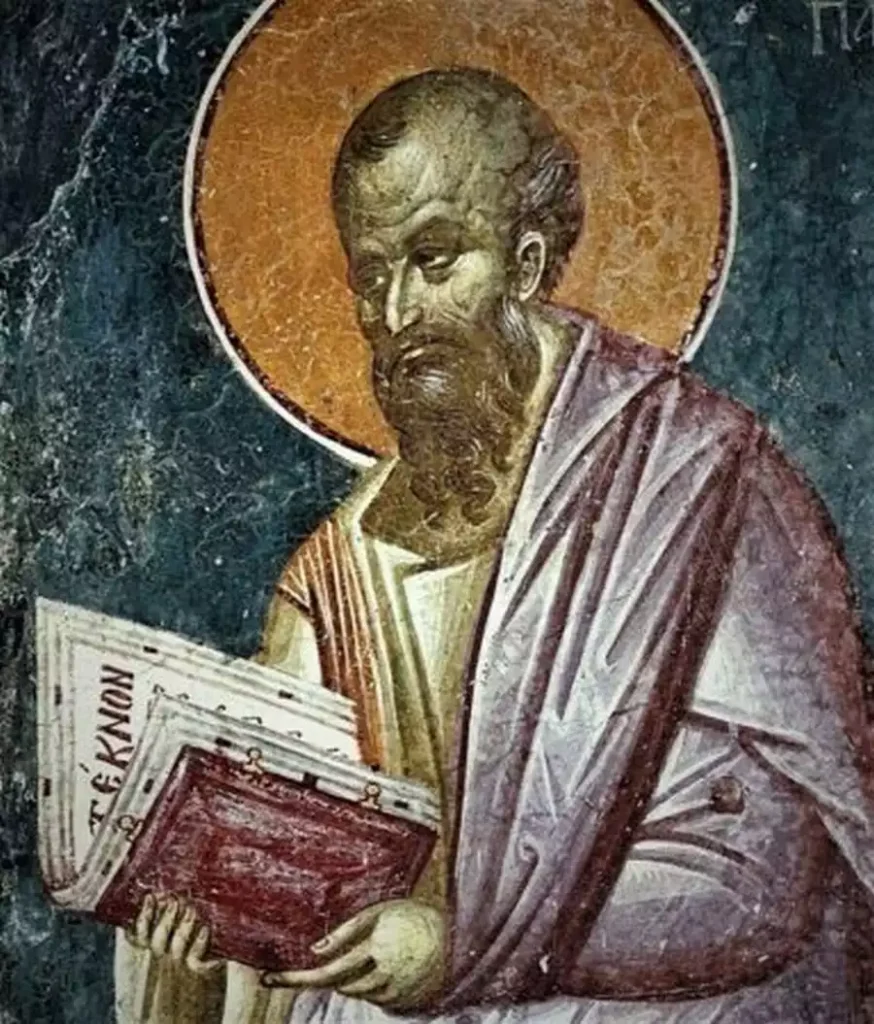
Translation in British English 1:1 Paul, together with Silvanus and Timotheus, extends greetings to the Thessalonian church, united in God the Father and the Lord Jesus Christ: 1:2 Wishing you grace and peace from God our Father and the Lord Jesus Christ. 1:3 It is right for us to constantly thank God for you, brethren, […]
The Epistle of Paul the Apostle to the Colossians, Colossians Translation
Translation in British English 1:1 Paul, an apostle of Jesus Christ by the decree of God, alongside Timotheus, our brother, 1:2 To the devout and loyal brethren in Christ at Colosse: May grace and peace be bestowed upon you, from God our Father and the Lord Jesus Christ. 1:3 We express our gratitude to God, […]
The Epistle of Paul the Apostle to the Romans | Book of Romans

Translation from the original Greek text 1:1 Paul, a bondman of Jesus Christ, summoned as an apostle, set apart for the gospel of God, 1:2 A gospel foretold by his prophets in the sacred writings, 1:3 About his Son, Jesus Christ our Lord, who was born from the lineage of David according to the flesh; […]
Feast | εορτή (Greek) | Noun
Etymology and Semantic Analysis The English word “feast” is derived from the Middle English “feste,” which is rooted in the Latin “festa,” meaning a religious festival or celebration. In the New Testament, the Greek word primarily used for “feast” is “εορτή” (eortē), denoting a religious festival or a day set apart for rejoicing. This term […]
Biblical significance of face | פָּנִים (Hebrew), πρόσωπον (Greek)
Definition The word “face” in the Bible signifies presence, identity, and relational dynamics. It often represents the countenance or appearance of a person and can imply favor, anger, or intimacy. Various Translations In the King James Version, “face” is often used where other translations might choose words like “presence” or “countenance.” For instance, in Exodus […]
Joshua Translation
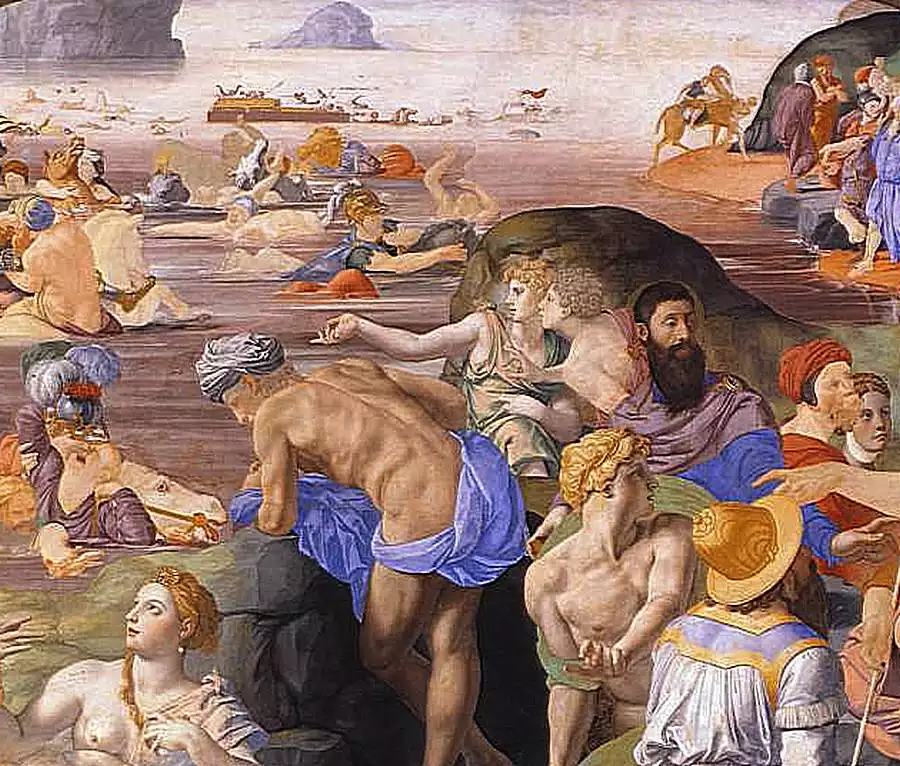
Joshua 1:1 Following the demise of Moses, the LORD’s servant, it came to pass that the LORD spoke to Joshua, son of Nun, Moses’ aide, saying, 1:2 Moses, My servant, has passed away; now then, arise, cross over this Jordan, you and all the people, to the land that I am bestowing upon them, the […]
Deuteronomy Translation
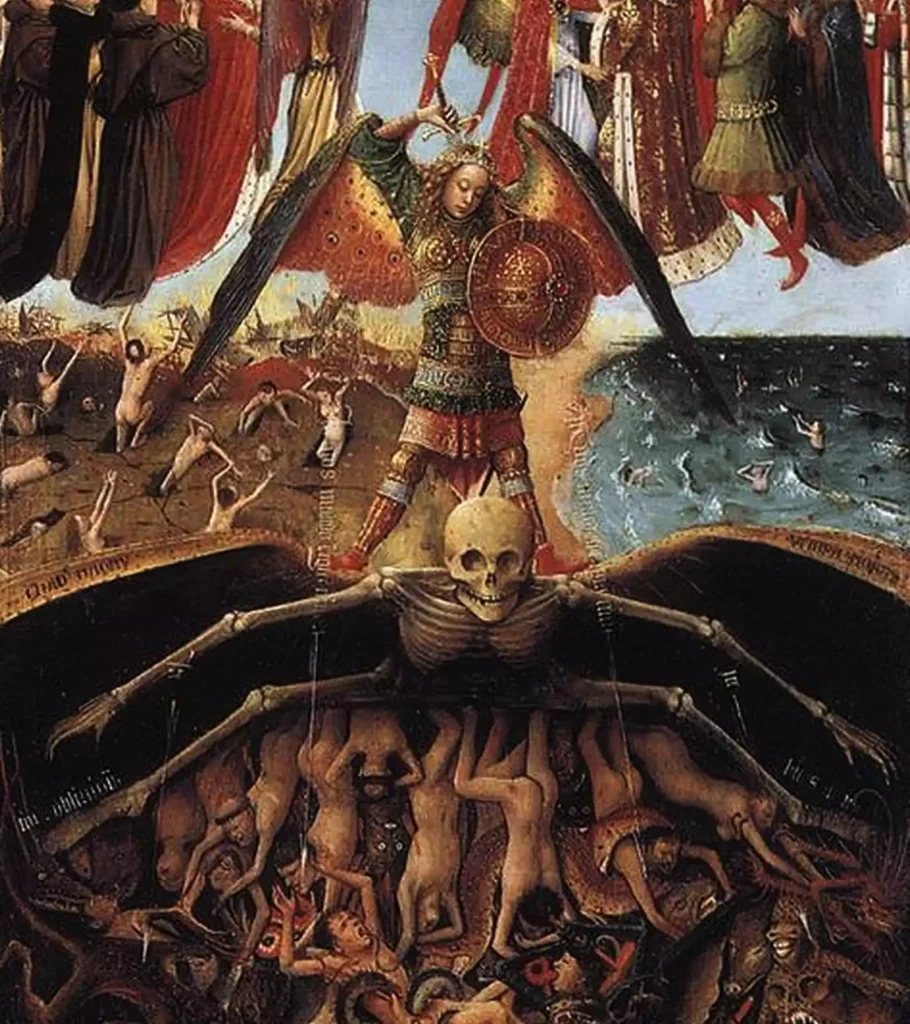
Deuteronomy 1:1 Here are the words Moses spoke to all Israel beyond Jordan in the wilderness, on the plain opposite the Red Sea, between Paran, Tophel, Laban, Hazeroth, and Dizahab. 1:2 (It takes eleven days to go from Horeb to Kadeshbarnea by the Mount Seir route.) 1:3 In the fortieth year, on the first day […]
Corinth | Ancient City’s Integral Role in Early Christianity
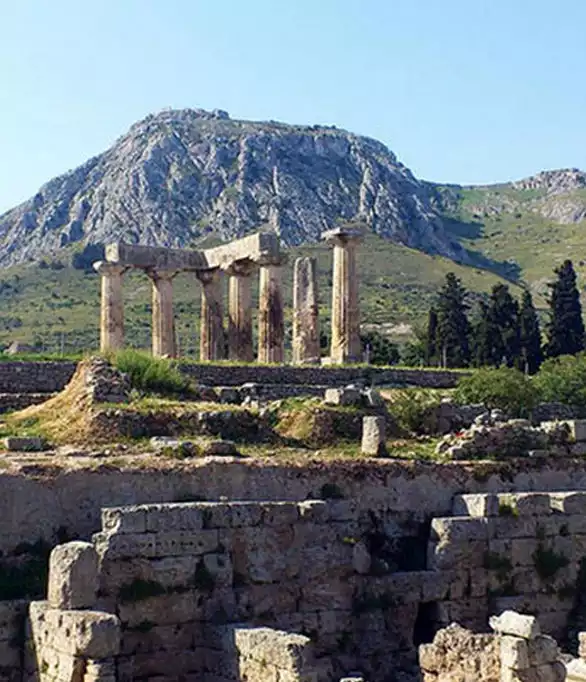
Corinth, an ancient city-state on the isthmus connecting Peloponnese to mainland Greece, boasts a rich tapestry of cultural and historical significance, particularly in the context of early Christianity. This city, flourishing in antiquity, served as a pivotal hub for commercial, social, and religious interactions, laying a vital foundation for the spread of Christianity in the […]
Thaddaeus, Saint Apostle
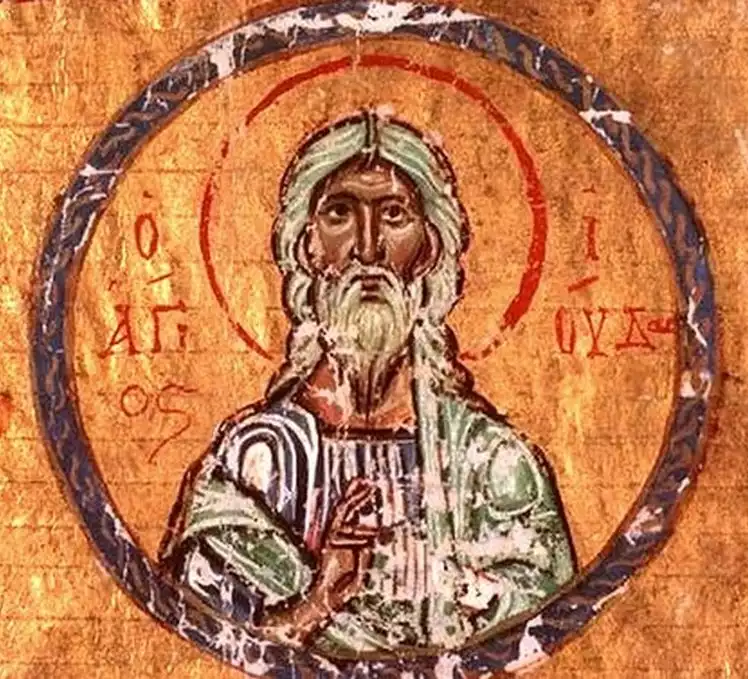
Saint Thaddaeus, one of the twelve apostles, holds a unique place in the tapestry of early Christian history. Despite the scarcity of detailed records about his life, including the specifics of his birth and death, Thaddaeus’ role as one of Jesus Christ’s chosen disciples underscores his integral contribution to the spread and establishment of Christian […]
Genesis, Book of | Its Origins and Themes
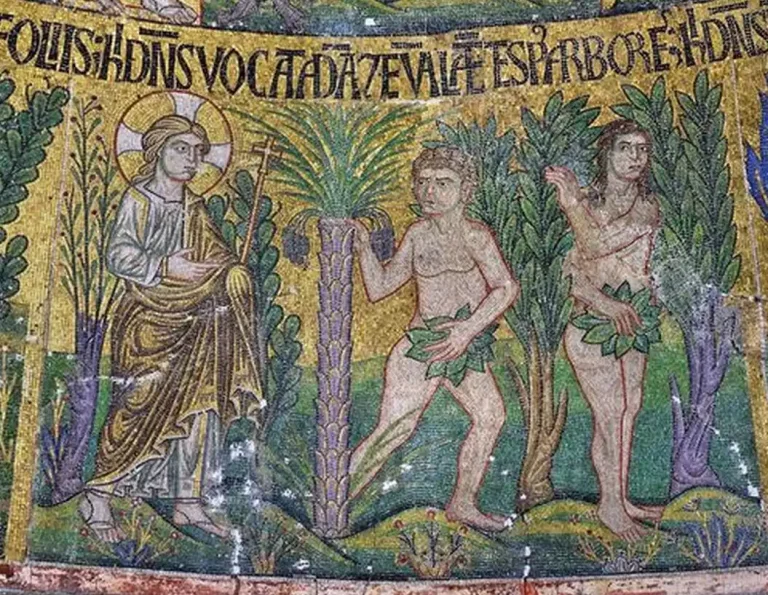
The Book of Genesis, the first book of the Hebrew Bible and the Christian Old Testament, stands as a monumental work in religious literature. Traditionally ascribed to Moses, its exact authorship remains a topic of scholarly debate. Genesis, dated from the 6th to the 5th century BCE, forms the foundation of both Jewish and Christian […]
Revelation, Book of | A Comprehensive Examination
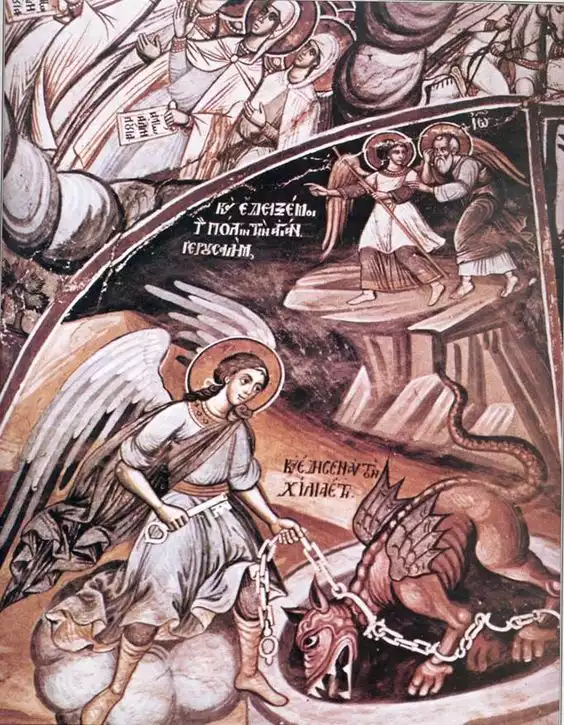
The Book of Revelation, often referred to simply as Revelation or the Apocalypse, is the final book of the New Testament and consequently the Christian Bible. Its authorship is traditionally ascribed to John of Patmos, an island in the Aegean Sea, around 95 AD, although precise dates of composition remain debated among scholars. Notably, Revelation […]
Acts of the Apostles | Analysis and Historical Context
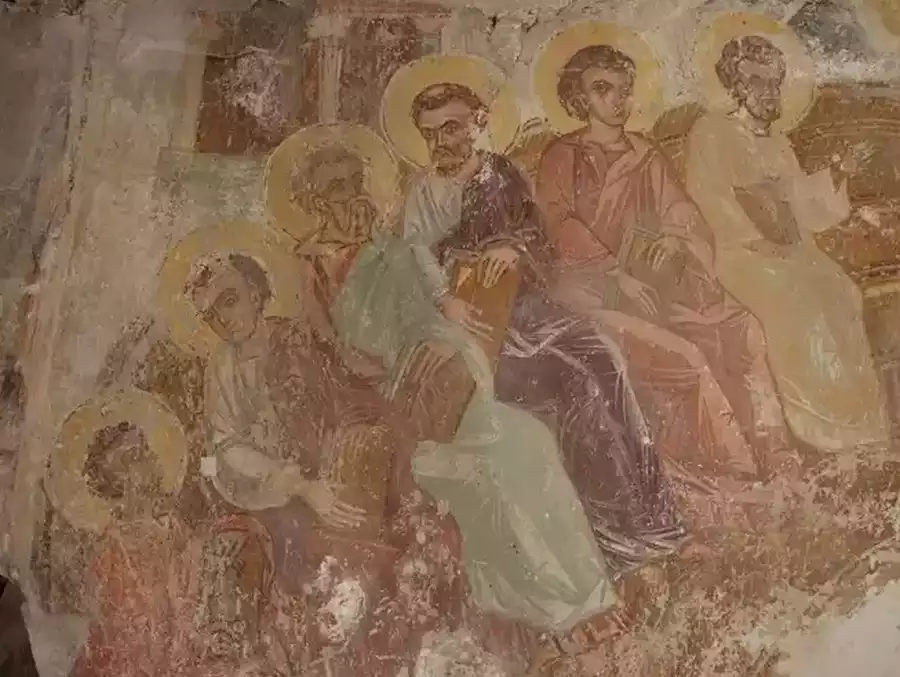
The Acts of the Apostles, often simply referred to as Acts, stands as a pivotal New Testament book chronicling the early Christian church’s development. Authored traditionally by Luke the Evangelist, it is a sequel to the Gospel of Luke, forming a cohesive narrative known as ‘Luke-Acts’. This work, written in Koine Greek, primarily depicts the […]
Gospel of Mark | A Comprehensive Analysis
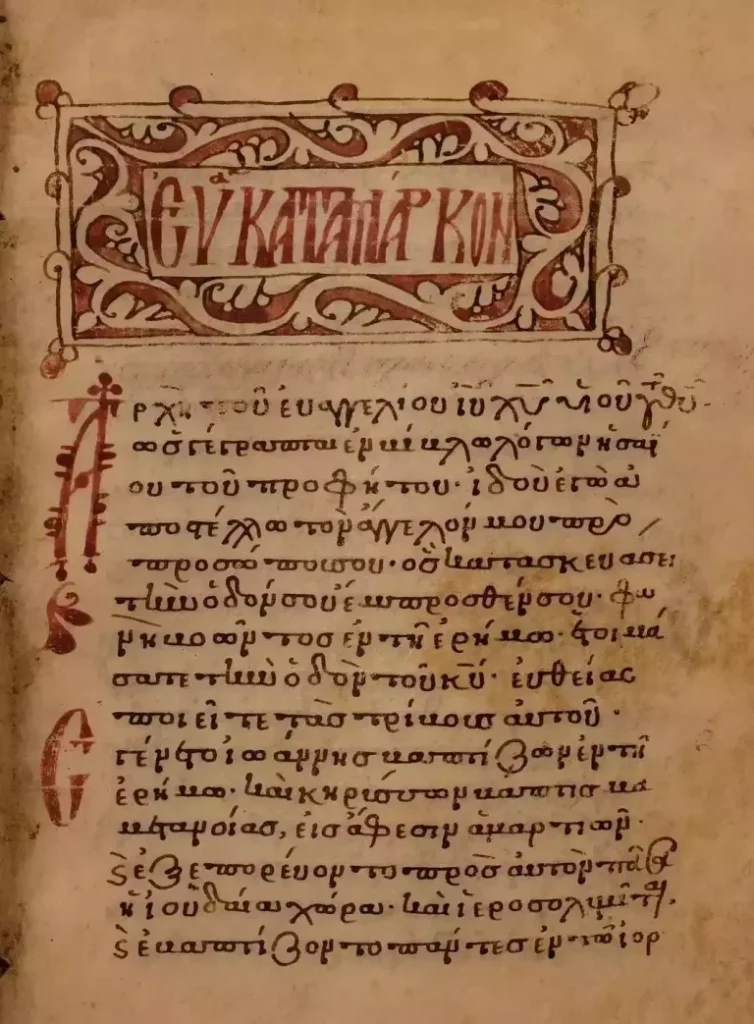
The Gospel of Mark, believed to be the earliest of the four canonical gospels, presents a vivid and concise account of Jesus Christ’s ministry. Though its exact date of composition remains debated among scholars, most estimates place it between AD 65 and 75. Unlike other gospels, Mark’s narrative is notably more action-oriented, emphasizing deeds over […]
Gospel of Matthew | Historical and Theological Analysis
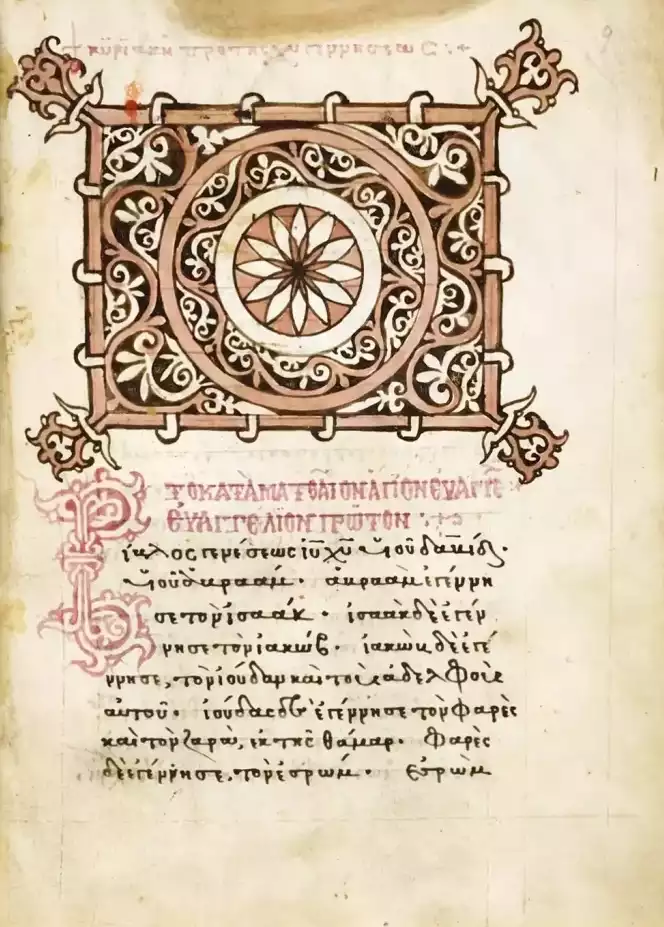
The Gospel of Matthew, a cornerstone of Christian scripture, is traditionally attributed to Matthew the Apostle, a former tax collector turned disciple of Jesus Christ. While the precise dates of its composition remain debated, scholars generally agree that it was written between 80 and 90 AD. Unlike other synoptic gospels, Matthew uniquely intertwines Jesus’ teachings […]
Gospel of John | Its Themes and Authorship
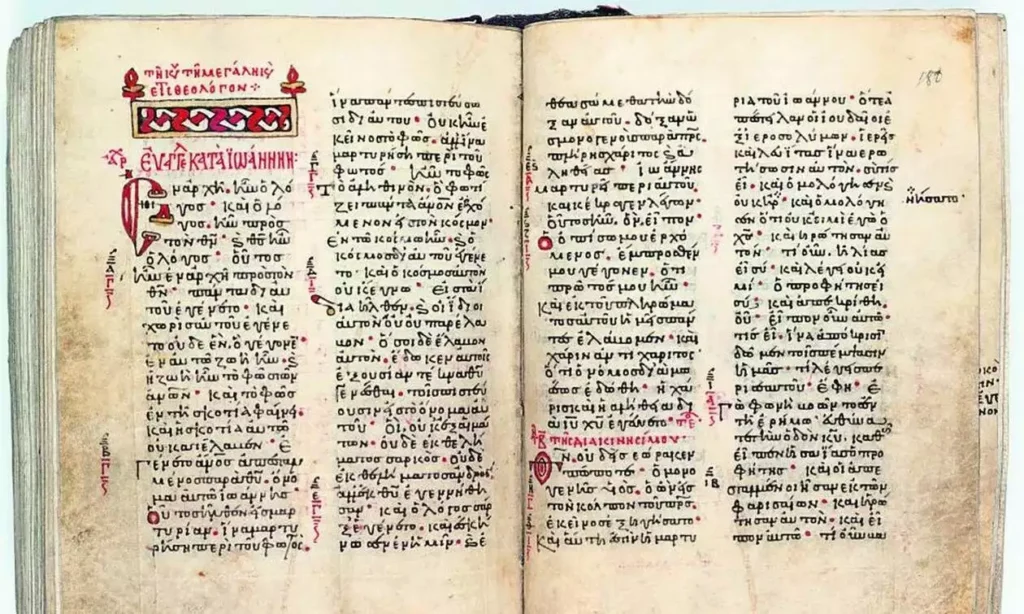
The Gospel of John, revered as a cornerstone of Christian theology, stands distinct among the four canonical Gospels in the New Testament. Its authorship, traditionally attributed to John the Apostle, remains a subject of scholarly debate. Unlike its synoptic counterparts – Matthew, Mark, and Luke – John’s Gospel delves deeply into theological concepts, emphasizing the […]
Old Testament | Core Concepts and Historical Analysis

The Old Testament, a term predominantly used within Christianity, refers to the collection of texts traditionally regarded as sacred scripture by Jewish and Christian communities. Etymologically, the phrase “Old Testament” originates from the Latin “Vetus Testamentum,” which itself is a translation of the Greek “Παλαιὰ Διαθήκη” (Palaià Diathḗkē), meaning “old covenant.” This nomenclature signifies the […]
Mark, Saint | Evangelist
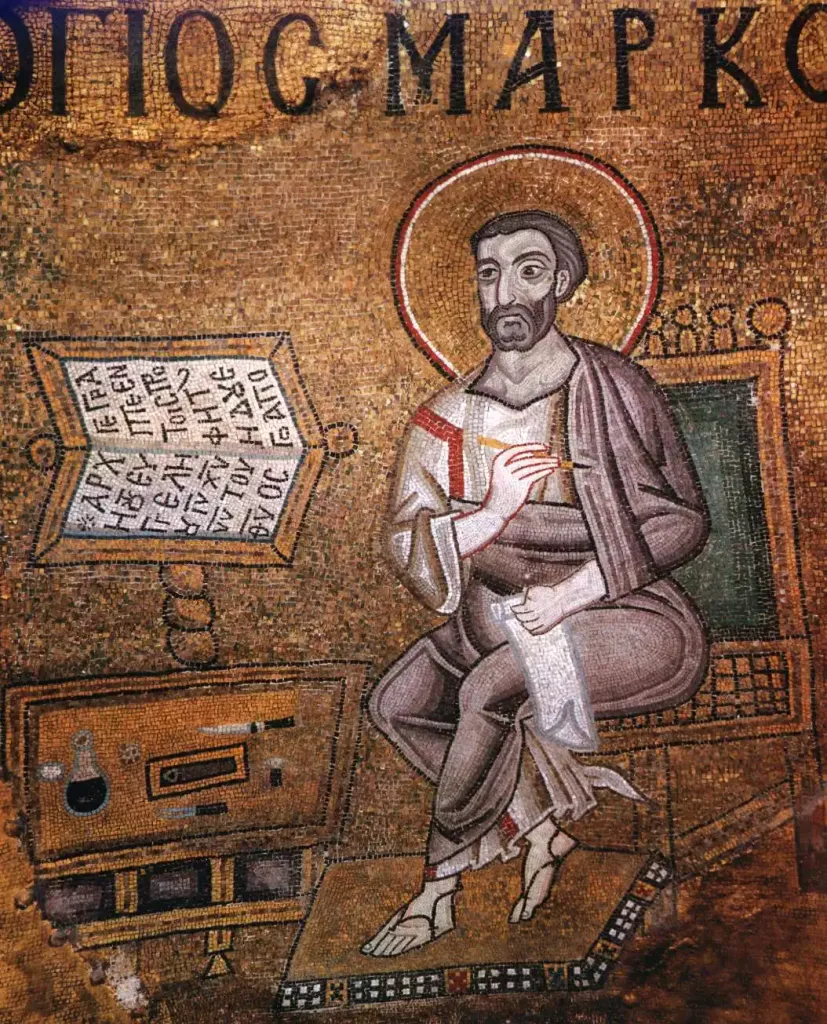
Saint Mark, traditionally acclaimed as the author of the Gospel of Mark, is a figure shrouded in both historical reverence and mystery. Although specific details about his life, including exact dates of birth and death, remain largely speculative, his contributions to early Christian literature are undeniably significant. The Gospel of Mark, the earliest of the […]
Luke, Saint | Evangelist
Saint Luke, renowned as the author of the Gospel of Luke and the Acts of the Apostles, holds a pivotal position in early Christian literature. His exact birth and death dates remain uncertain, but his works are widely recognized as key texts in the New Testament. Luke’s Gospel uniquely highlights Christ’s compassion, while the Acts […]
Codex Alexandrinus | A Pivotal Manuscript of Ancient Scripture
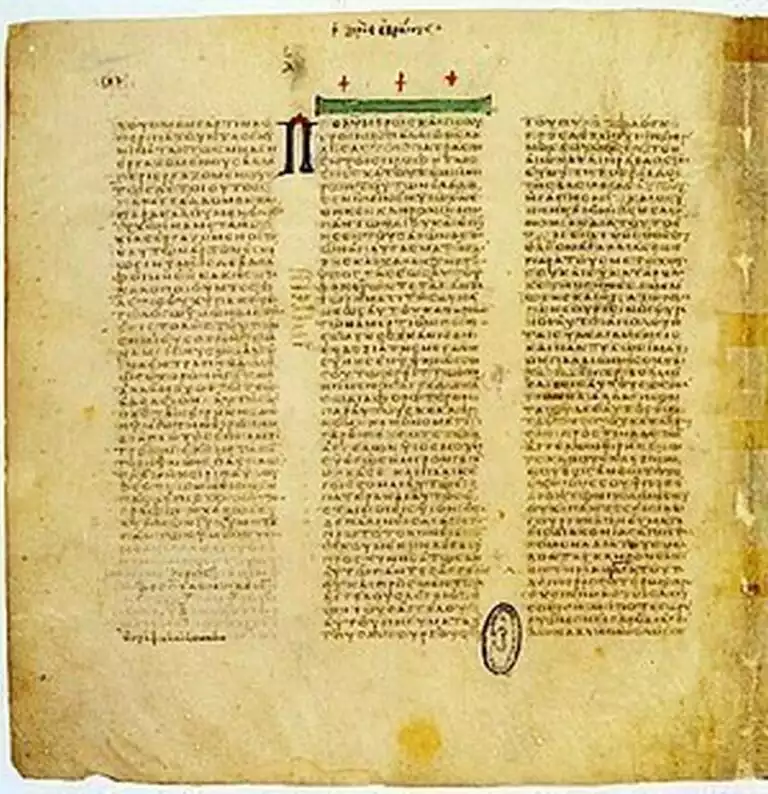
Codex Alexandrinus, one of the most significant ancient Greek manuscripts of the Bible, embodies a treasure of religious and historical scholarship. Comprising both the Old and New Testaments, this codex has been instrumental in biblical studies and textual criticism. Its origins trace back to the 5th century, making it a pivotal witness to the scriptural […]
Alpha and Omega | An In-Depth Exploration

Alpha and Omega, a phrase deeply ingrained in Christian theology, symbolizes the eternal nature of God. Rooted in the Greek alphabet where Alpha is the first letter and Omega the last, this expression signifies the completeness and unchanging nature of God, encompassing all things from beginning to end. Its profound meaning has echoed through centuries, […]
Abares in Biblical Context
Historical and Biblical Identification of Abares Abares, though not a prominently featured group in the biblical narrative, hold a niche yet significant place in the context of ancient Near Eastern history. The term ‘Abares’ appears sparingly in the biblical texts, primarily within the Old Testament. In these references, Abares are depicted as a group of […]
